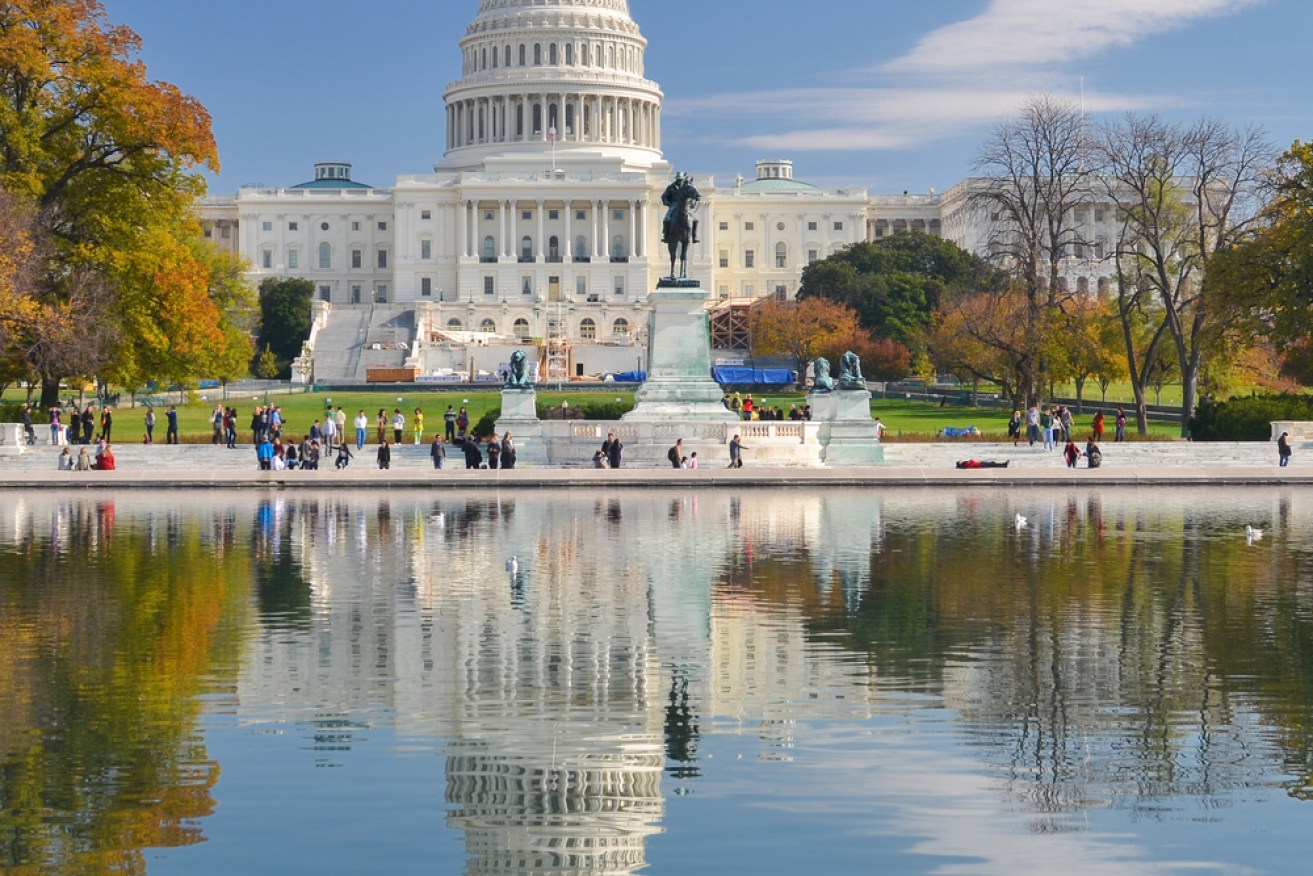Hockey sabotages tax review, Aussie dollar falling


Shutterstock
Joe Hockey is sabotaging his own tax review, the Aussie dollar is getting feebler by the day, super returns are below 10 per cent again, and Greece is back under the thumb of her European overlords.
In other words, it’s back to normality after a crazy few weeks. Here’s what happened.
• Super returns down in June
• Feeding the rich: Hockey’s tax vision unpicked
• Aussie dollar plunges further
• Greece passes austerity plan
Super returns take a hit
At the end of May it looked like we were going to have another year of stellar super returns. In the end, though, a shocking June on global sharemarkets saw the average super fund lose 2.1 per cent, leaving returns for the financial year at 9.7 per cent.
SuperRatings, which released the figures, made the valid point that this is still a decent result, and well above the long-term average (now 7.4 per cent since the inception of compulsory super 23 years ago).
The simple fact is, returns of 15 per cent are freak occurrences – great when they happen, but never likely to continue. As Cbus’ Kristian Fok told The New Daily recently, double digit returns are “certainly not something that we would expect to be consistently occurring year after year”. Super members should prepare to come back to earth over the next few years.

The strength of our dollar depends on what happens in Washington over the next few months. Photo: Shutterstock
Cancel your overseas holidays, the dollar is going down
Another thing that is plummeting back to earth after soaring to dizzying heights is the Australian dollar. Remember the good old days when one Aussie bought you $US1.10? Well, this week it fell to a new six-year low of 73.8 US cents.
The main reason for this week’s fall was news from North America. First, Canada surprised global markets by cutting its cash rate. Second, and more importantly, the United States Federal Reserve chair Jane Yellen pretty much confirmed she would raise US interest rates this year, most probably in September.
Higher interest rates in the US translate to a stronger US dollar, which translates to a weaker Aussie one.
How much further will it fall? Some commentators reckon it’ll be 70 US cents within 12 months, and may be headed as low as 65 cents in the longer term.
While that will make overseas holidays more expensive, all in all it is just what the insipid domestic economy needs. Exports will be cheaper for other countries to buy, and Australia will be a more attractive tourist destination, and not just for overseas visitors.
A less powerful dollar will make overseas travel less appealing to Aussies, which means they are more likely to holiday here.
Hockey sabotages his own tax review
You may have heard that there is a massive tax review underway. This week, Joe Hockey yet again made a mockery of the whole thing by ruling out a raft of tax changes, including superannuation tax concessions, negative gearing and a rise in the GST.
For this bizarre behaviour he received a pummelling from all sides, but the one that would have hurt the most came from Business Council of Australia chief executive Catherine Livingstone, a natural ally of a pro-business party like the Liberals.
“Our political representatives are elected and paid by the community to implement policies that will best serve the country,” she said. “Their leadership responsibility is to ensure that there is a constructive, well-informed debate, leading to implementable outcomes; it is not to undermine the debate in the cause of party political positioning.”
So is Mr Hockey just completely lost, or does he have a vision for the tax system? Probably a bit of both, but he certainly does have a vision. As revealed in a speech this week, it is a by-the-book neoliberal vision in which company and income tax are low, and the difference is made up by a high GST. However, he said he wouldn’t push for an increase in the GST unless it had bipartisan support. Labor, of course, said ‘no way’.
Which leaves Mr Hockey in a bit of a bind, and apparently bereft of ideas.

Visitng the Acropolis in Athens probably would have been cheaper if the dreaded ‘Grexit’ had happened.
Poor Greece
The media loves a good drama, and we thought we might just get one this week care of Greece. In the end what happened was simply strange.
The left-wing government that promised to stand up to Greece’s European creditors in the end backed down in spectacular style, accepting austerity measures that were even harsher than the ones the Greek people rejected in a referendum a couple of weeks previously.
Whatever it was that German Chancellor Angela Merkel and co said to persuade Greek PM Alexis Tsipras to backtrack, it must have scared the living daylights out of him (presumably they stopped short of dangling him by the ankles off the top of the Berlaymont building in Brussels).
But at any rate, the deal is done, it’s through parliament. Greece still has years of pain ahead of it.
It would have had years of pain if it had left the eurozone too. But at least it would have had some dignity.
If you were planning on travelling to Greece, the bailout is bad news. A ‘Grexit’ would have led to a much lower exchange rate, which would have translated to ultra-cheap Greek holidays. That won’t happen now.








